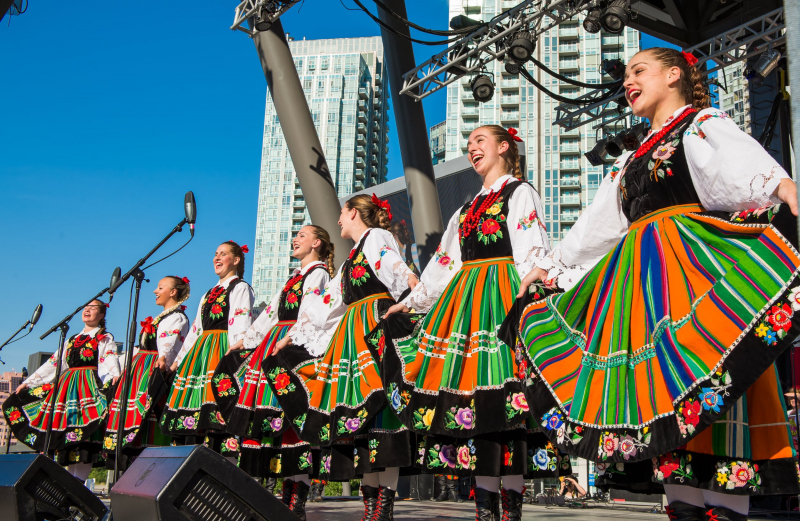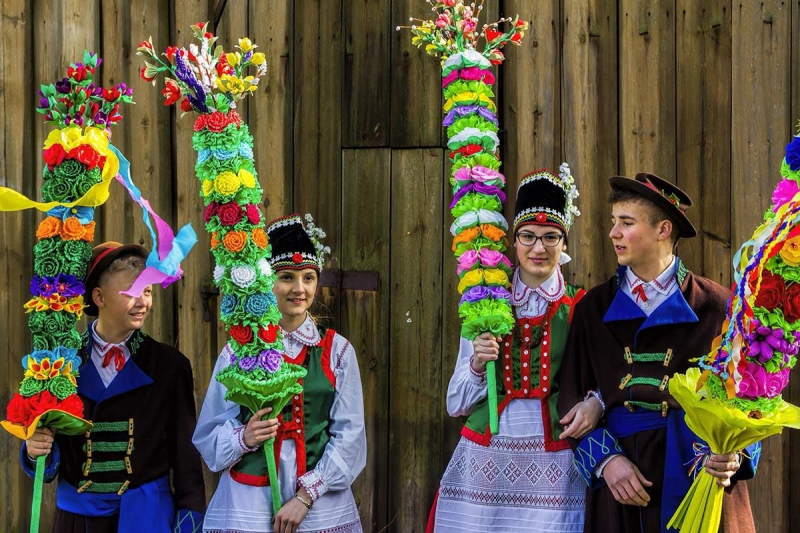Unique Culture

Poland has a very vibrant cultural life. Its topography at the meeting point of many European areas contributed to the development of its distinctive identity. It is hypothesized and conjectured that ethnic Poles and the other Lechites are a mix of West Slavic descendants and local inhabitants, such as Celtic, Balkan, and Germanic tribes, who were gradually Polonized after Poland was converted to Christianity by the Catholic Church in the 10th century. Polish culture has been significantly influenced over time by its intricate ties to the Germanic, Baltic, Latinate, and, to a lesser extent, Byzantine, and Ottoman cultures, as well as by constant interaction with the numerous other ethnic groups and minorities that call Poland home.
Poland's citizens have a reputation for being open to foreign artists and willing to adopt global trends in both art and culture. Poland's emphasis on cultural development during the 19th and 20th centuries frequently outweighed political and economic activities. These elements have helped to make Polish art so flexible and full of nuanced complexity. Currently, Poland is a well developed nation that nonetheless honors its traditions.











